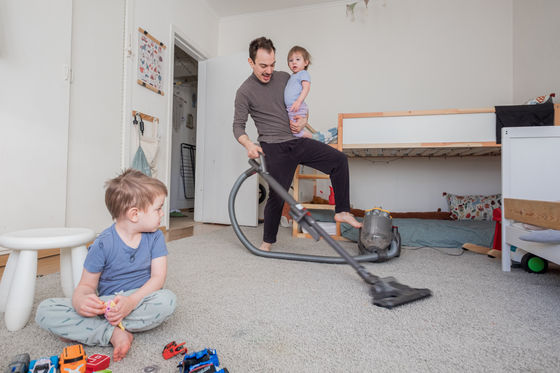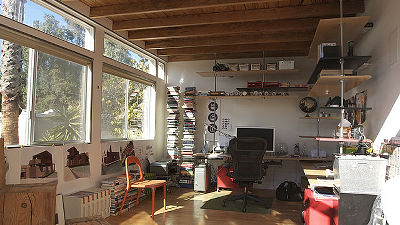Experts claim that 'divorce has accelerated gender equality.' How do divorced parents raise their children in Sweden, where joint custody is a rule?

Single mothers raising children alone are one of the most vulnerable groups in society, but in Sweden, the number of such women is said to have halved over the past 20 years. Helen Eriksson, a sociologist at Stockholm University, discusses Swedish society, which has undergone changes that at first glance seem incompatible: one of the world's highest divorce rates, and the equal division of childcare responsibilities.
Parental union dissolution and the gender revolution | Social Forces | Oxford Academic
How divorce is boosting gender equality in Sweden – new study
https://theconversation.com/how-divorce-is-boosting-gender-equality-in-sweden-new-study-233474

According to Eriksson, like many other countries around the world, Swedish families tend to fall into a 'manager-helper' model, with wives taking charge of the household and husbands being tasked with specific tasks. Similarly, the childcare burden is not shared equally.
Sweden is no different from other countries in that there is inequality between cohabiting couples, but it does have a system of joint custody whereby custody is split 50:50 when couples divorce, meaning that almost half of children with separated parents spend equal amounts of time in both homes.

To examine how the post-divorce environment has changed the division of childcare responsibilities between men and women, Eriksson and her colleague Martin Kolk looked at one of the most persistent inequalities between men and women in high-income countries: parental leave uptake.
To measure the rate of leave taken by divorced parents, records of 'sick child leave' taken by parents to care for their children were used. In Sweden, a paid leave system is established by national law, which allows parents to take a full day off to care for their child if they notice that their child is unwell in the morning with a simple notice, and employers are required to provide sick child leave to their employees.
Therefore, data on sick leave compiled by the Swedish Social Insurance Agency can be used as an indicator of how much childcare work that requires paid leave is done by fathers and mothers.
Using data on leave take-up rates and household data to compare the number of days of leave taken by parents for their children before and after divorce, the study found that divorce in Sweden resulted in an increase in the number of days of parental leave taken by fathers.
From this, Eriksson and his colleagues concluded that 'in Sweden, where mothers have traditionally been responsible for all household chores, divorce has stalled gender reform over the past few decades, but today it is accelerating it.'

Erikson said that their study is not advocating that divorce is a good thing. Rather, they want to emphasize that divorce highlights that the home is a highly gendered environment.
'The takeaway from this study is that men can and do care for children on their own. And if Swedish men can do it, why can't other men? There's no biological difference between Swedish men and other men, so if they can't do it, it's probably due to cultural stereotypes,' Eriksson said.
Related Posts:
in Note, Posted by log1l_ks







